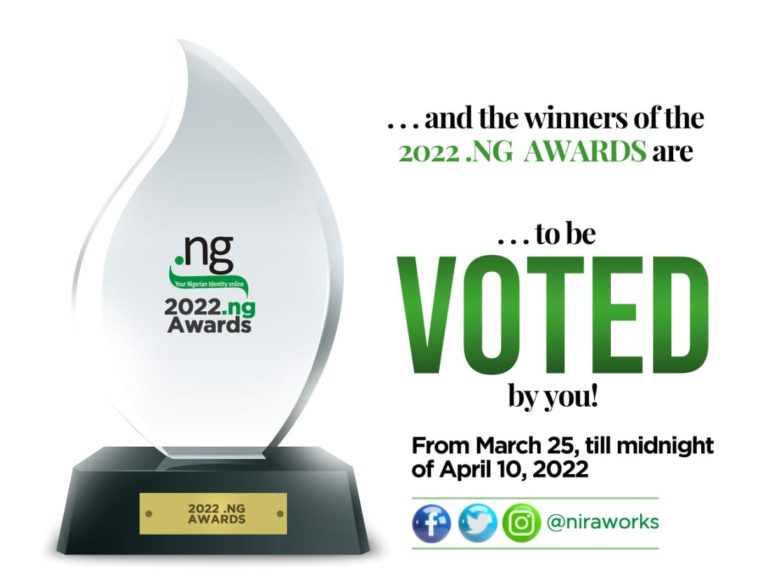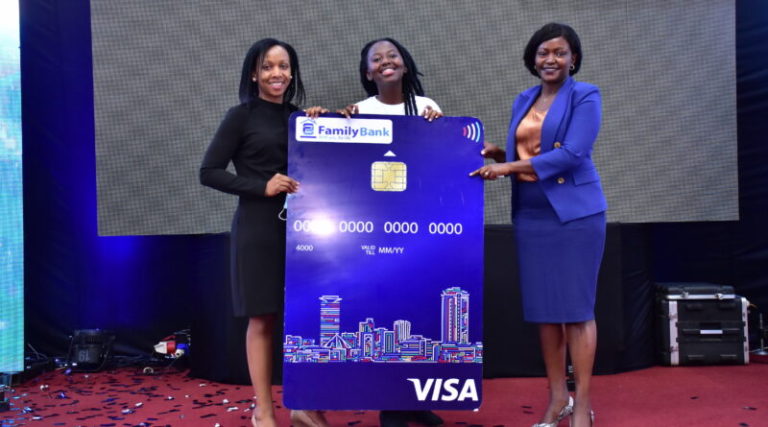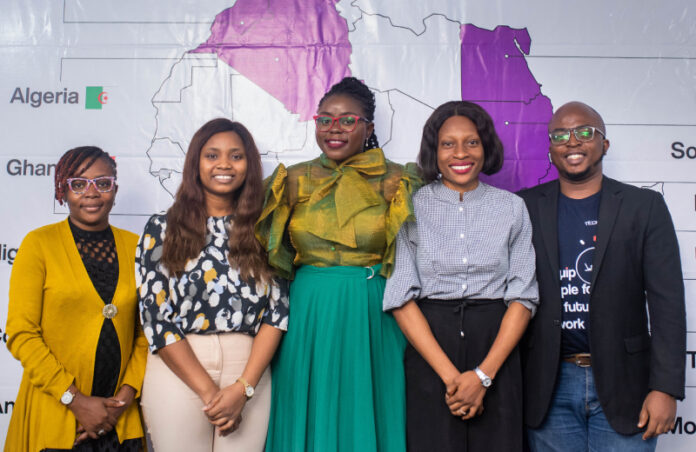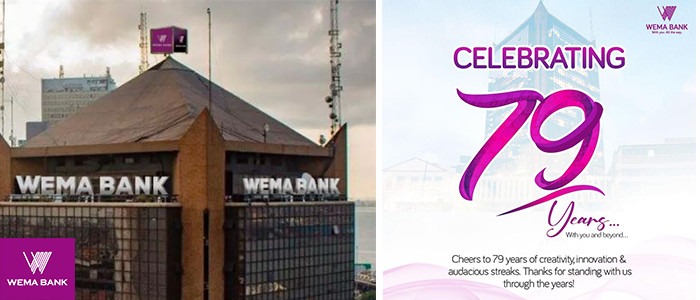eNaira – CBN says it will support other countries digital currencies
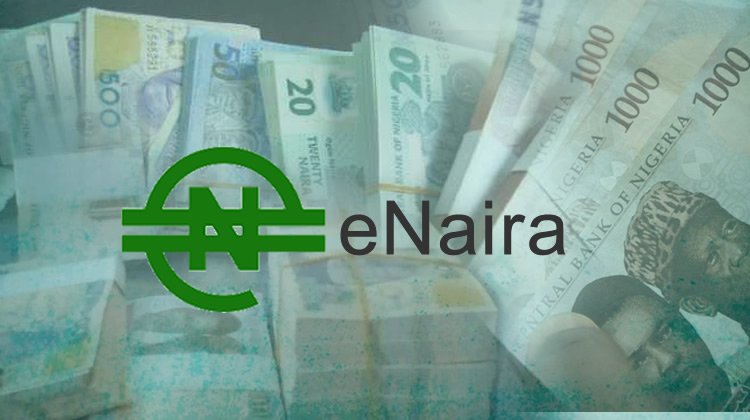
The Central Bank of Nigeria (CBN) has revealed that the country’s digital currency will be implemented in four stages, culminating in the eNaira’s interoperability with those of other central banks.
Mrs Rakiya Mohammed, Director of the CBN’s Information Technology Department, stated this at the licensed payment service providers’ engagement session in Lagos on Monday, as part of further interaction with a broader category of industry players.
According to Mohammed, during the one-day engagement session, the CBN and key stakeholders in the payments system ecosystem, particularly PSPs and a large community of fintech groups, resolved to work together to ensure greater adoption of the recently launched eNaira.
“The full implementation of the eNaira would be done in four phases, culminating in offline eNaira payments solutions, cross-border payment, and interoperability of the eNaira with those of other central banks,” according to the statement.
Mohammed clarified that the CBN was not in competition with the Deposit Money Banks or any other players in the Nigerian payment system.
According to her, the engagement was part of the CBN’s strategy to bring all stakeholders on board, noting that the apex bank was open to suggestions and innovation aimed at increasing the value of the eNaira and improving the user experience.
She urged payment service providers (including the large community of fintech groups) to find more innovative ways to assist members of the public in the onboarding and use of eNaira, as well as develop solutions for offline eNaira functions such as cards, wearables, and USSD.
While encouraging licensed PSPs to develop additional use cases for the eNaira, she tasked licensed PSPs with developing additional products and services across the entire financial system using eNaira.
According to the statement, representatives from various stakeholder groups welcomed the introduction of the eNaira and expressed support for its adoption and use.
They also made value-added proposals for the market and integration process to drive financial inclusion by closing the gap between banked and unbanked people.


